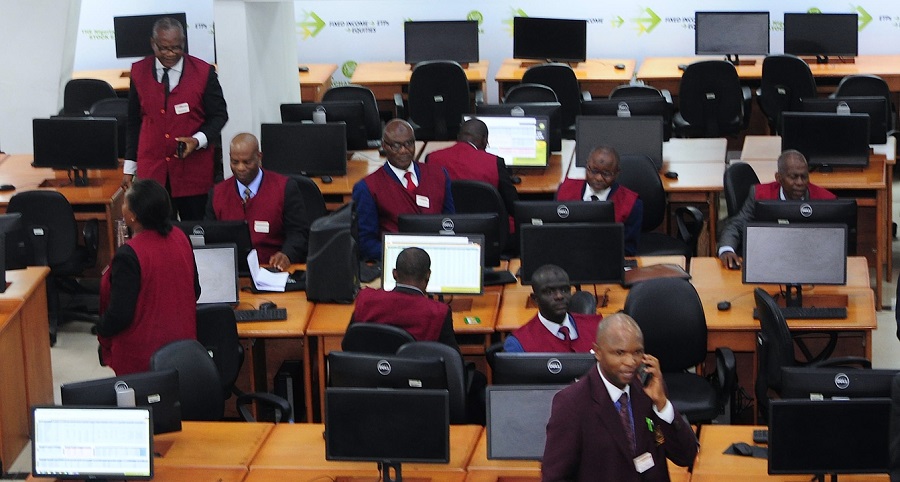The Board of Directors of Julius Berger Nigeria Plc has announced that the company would observe the close period of trading from October 15, 2019, to October 30, 2019.
The statement, which was disclosed in a notification sent to the Nigerian Stock Exchange (NSE), stated that the Board Audit Committee of the company would hold a meeting on October 29, 2019, to consider financial results for the third quarter (Q3) ended September 30, 2019.
[READ ALSO: Camalaniugan Bridge: Julius Berger to partner Frey-Fil Corporation]
The announcement is in line with rule 17.18 of Part 2 (Issuer’s Rules) of the NSE’s Rule Book (2015) which states that,
“The period of closure shall be effective from fifteen (15) days prior to the date of any meeting of the Board of Directors proposed to be held to consider any of the matters referred to above or the date of circulation of agenda papers pertaining to any of the matters referred to above, whichever is earlier, up to twenty-four hours after the price-sensitive information is submitted to the Exchange. The trading window shall thereafter be opened. Every issuer shall notify the Exchange in advance of the commencement of each closed period.”

Why this matters: The close period will allow the board to consider the company’s unaudited financial statements for the third quarter. Other company issues will also be discussed during the meeting of the Board of Directors.
What is a close period? A close period is a period before the release of a company’s result or financial statement when of course, those with sensitive information are not allowed to trade on the stock. These individuals may include company directors, audit committee members, persons discharging managerial responsibility, employees and consultants with sensitive information.
[READ ALSO: Julius Berger gets new Non-Executive Director]
Insiders at Julius Berger Nigeria Plc have been barred from trading in the company’s shares.
“Insiders in Julius Berger under the provisions of the Company and Allied Matters Act Cap C20, LFN, 2004 (CAMA), the rules and regulations of the Securities and Exchange Commission (SEC) and the Nigerian Stock Exchange are under restriction not to trade or deal in the equity of the company,” the statement read.

















